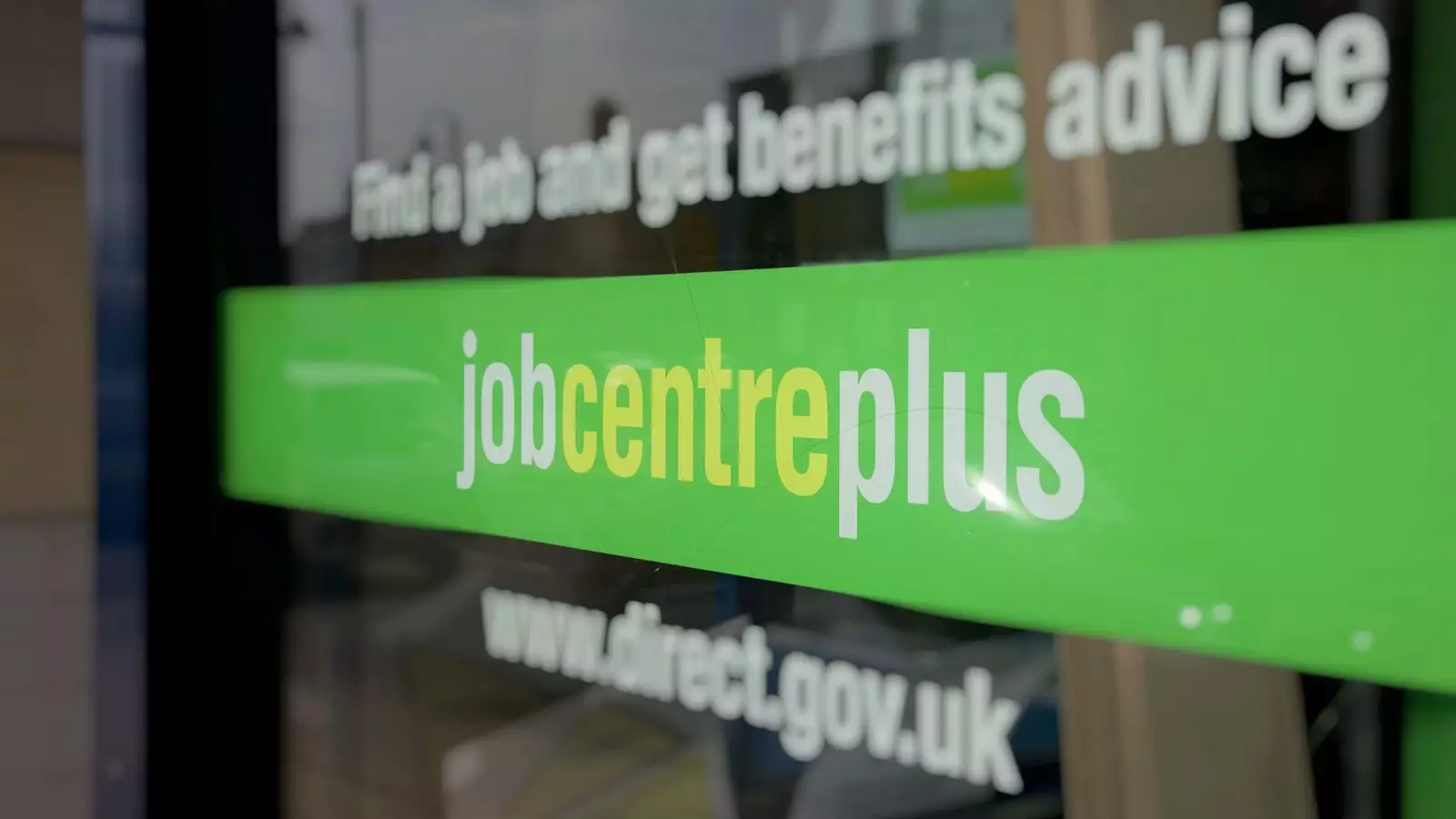Recent statistics from the UK paint a grim picture of the job market. The unemployment rate has crept up to 4.6% as of April, the highest level since July 2021. This increase, although portrayed as marginal, hints at a troubling trend that many had feared would materialize. The Office for National Statistics (ONS) revealed that more than 1.6 million people are now jobless, and the situation appears to be exacerbated by the tax hikes imposed on businesses. While one may argue that economic recovery is in sight, the facts speak otherwise—just last March, the Office for Budget Responsibility had predicted a peak that we have now surpassed.
The stark reality is that unemployment isn’t simply a statistical figure; it translates into real lives disrupted, families struggling, and communities fractured. The psychological burden of joblessness cannot be overstated. As people face hurdles in not only finding jobs but also in maintaining their dignity and self-worth, societal ramifications are likely to escalate. Businesses and politicians alike must take seriously the accountability that comes with their fiscal decisions.
A Major Drop in Employment
In a worrying development, data revealed by the ONS indicates a sharp decline in payrolled employment, with 109,000 jobs lost in May alone—the largest monthly drop in five years. What’s most troubling is that this figure doubles the revised loss from April. Employers have become hesitant to bring in new talent or replace departing staff, and it’s disheartening to witness businesses tightening their belts, opting for austerity rather than investing in human capital. This is not merely an economic failure; it’s a moral one.
The burden of increased employer national insurance contributions and escalating national living wage costs has forced many businesses to rethink their staffing strategies. Lobby groups had warned that these tax increases would yield job losses and wage stagnation, and, unfortunately, they have been proven right. We are witnessing a trend that seems to affirm a painful truth: when financial burdens shift to businesses, the first victims are the very people who fuel our economy—the workers.
Stagnant Wages Amidst Economic Struggles
Even as the average weekly earnings posted a modest growth, slowing from 5.5% to 5.2%, this figure hardly masks the distress within the labor market. While wages still outpace inflation—which has stabilized at 3.5%—the reality is that real wages are under continuous pressure. It’s disappointing to see economic indicators being spun as positive when they conceal a deeper malaise.
This kind of wage stagnation not only affects consumers’ spending power but also diminishes aspirations. People are caught in a cycle where even a relatively stable wage feels inadequate when juxtaposed against the rising cost of living. The government’s insistence that they are managing the economic storm feels hollow when juxtaposed with the experiences of ordinary citizens who find their cost of living increasing while their paychecks barely budge.
Political Implications and Necessary Adjustments
Chancellor Rachel Reeves finds herself in a precarious position as she battles criticism over her financial strategies, particularly with the £1.25 billion winter fuel U-turn. While she defends her fiscal decisions, asserting that tax increases were a necessary evil to address a historic “black hole,” public sentiment is shifting. The measures aimed at raising money could end up stifling economic growth and, thereby, depriving the very revenue the government seeks.
The comments from Employment Minister Alison McGovern, promoting increased economic activity and a ‘Get Britain Working’ initiative, seem almost detached from the reality on the ground. Engagement in training and career services, while essential, cannot obscure the pressing need for immediate job creation and wage stabilization. Promises of future initiatives ring hollow in the ears of those who are already searching for jobs.
To navigate this turbulent economic landscape, we must push for a balance—a strategy that doesn’t overburden businesses while still protecting workers. Policymakers must prioritize sustainable employment growth and wage increases that become a reality, not just a narrative. The UK is at a crossroads; the time for decisive, empathetic, and just economic policies is now.


Leave a Reply